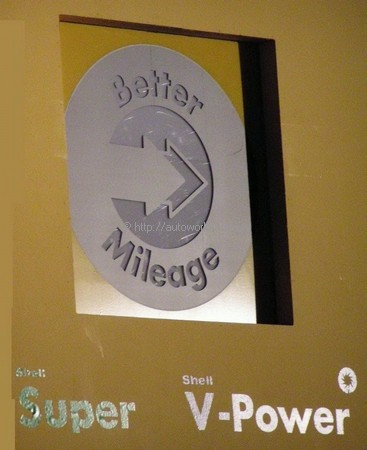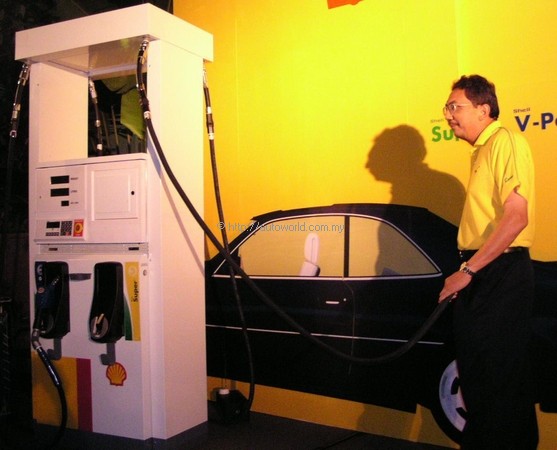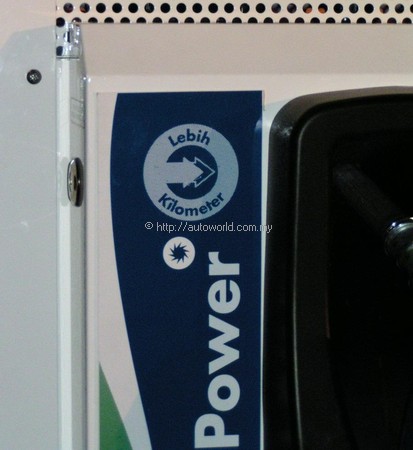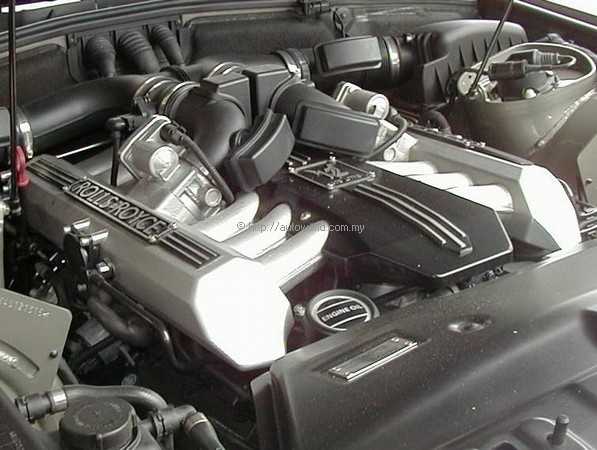New Economy Formula in Shell Fuels from This Sunday
In the petroleum industry, just as in the automobile industry, there are product cycles where after a few years, a product is refreshed or a brand new one replaces it. It is sometimes hard to discern where a particular company introduces a new product which starts a ‘new generation’ and where the introduction of that product may be a response to new competition.
Going back to the beginning of the new decade, we’ve seen Shell coming out with V-Power and then Esso/Mobil with Synergy F1 and more recently, Petronas with their new Primax formulation. Each company claims to be ‘better’ than before, hoping that it can also be perceived that the new product is the ‘best in the market’ at that time too. Yet, is it a ‘response’ to another company’s product which was perceived as superior, or a genuine breakthrough to a new level?
If you listen to Dr Clive MacDonald, the principal scientist with Shell Global Solutions, you would consider that the Economy Formula in the new Shell Super and V-Power – to be available nationwide from this Sunday – represents a step up to the next level in fuel technology, rather than a response to the introductions by rivals since 2000.
“Shell’s fuel technology has always been streets ahead,” declared Dr MacDonald and his assertion with the new fuel is that it is an ‘out of the box’ solution rather than the usual ‘additive game’. In developing the new fuels, the approach taken by Dr MacDonald and his team was to consider the way a fuel interacts with every element in the engine and to design the fuel to address and achieve fuel economy benefits.
“The new Shell Economy Formula is not just about making the engine cleaner but about achieving more mileage out of each drop of fuel,” he explained. “And we’ve done that by addressing the total needs of the fuel system as well as attacking friction – even in places where lubricants cannot help.”
Frictional losses form a very large portion of energy loss in each drop of fuel and if this can be reduced, then engine efficiency is better and less fuel is needed to achieve a desired level of performance on the road. It’s an interesting approach and differs from the traditional strategy of making an engine cleaner to achieve greater combustion efficiency.
“Our requirement was to come up with a formulation which would give more kilometres per tank and we were told that this was the main thing on consumers’ minds. So we drew on our wealth of experience as well as our knowledge gained from being involved with the Ferrari team in Formula 1 and came up with a new formula that will deliver an improvement in fuel economy,” said Dr MacDonald.
Shell Malaysia won’t quantify the improvement in fuel consumption that a motorist can get with the new Economy Formula, but there is confidence that long-term usage of the new fuels will definitely save money as each litre goes further.
The confidence comes from extensive testing in UK and Germany with two fleets of 15 types of cars. The test program had the fleets covering 16,000 kms in real-world conditions. Analysis of the results showed that there was a clear reduction in fuel consumption with the new formula, and Dr MacDonald is willing to stand by those positive findings.
“Shell has a well-recognised track record and our current test procedure, which costs as much as US$1.6 million (about RM6 million) has been in use since 1991. The test procedures have been scrutinized by the world’s experts at an American Society of Automobile Engineers International Conference and is available to anyone who wants to know about it in detail,” he said.
While acknowledging that Malaysian climatic conditions differ from those in Europe, where all the testing was done, Dr MacDonald said that humidity and temperature do not have an effect on the performance of the fuel. Absolute values may differ but relative changes would still be evident, anywhere in the world.
By bringing consumption of fuel down, Dr MacDonald believes that there is not just a conservation of energy resources but more importantly, the less fuel consumed means less exhaust gases being converted by the catalytic converter into carbon dioxide and moisture. We can probably do with more moisture but carbon dioxide is blamed for global warming so Shell is helping to reduce the emissions of the ‘greenhouse gas’ doing its part in protecting the environment.
According to Mohzani Wahab, Managing Director of Shell Malaysia Trading Sdn Bhd, motorists who fill up with the new Shell Economy Formula this Sunday will be among the first in the world to enjoy the new formula.
“This is the new and long-term value that Shell is adding to customers’ tanks and at no extra cost from what the present retail prices are for Shell Super and Shell V-Power,” he said at the media preview in Kuala Lumpur tonight, adding that the new fuels will help the company maintain its local leadership position with a 36.5% market share.





























